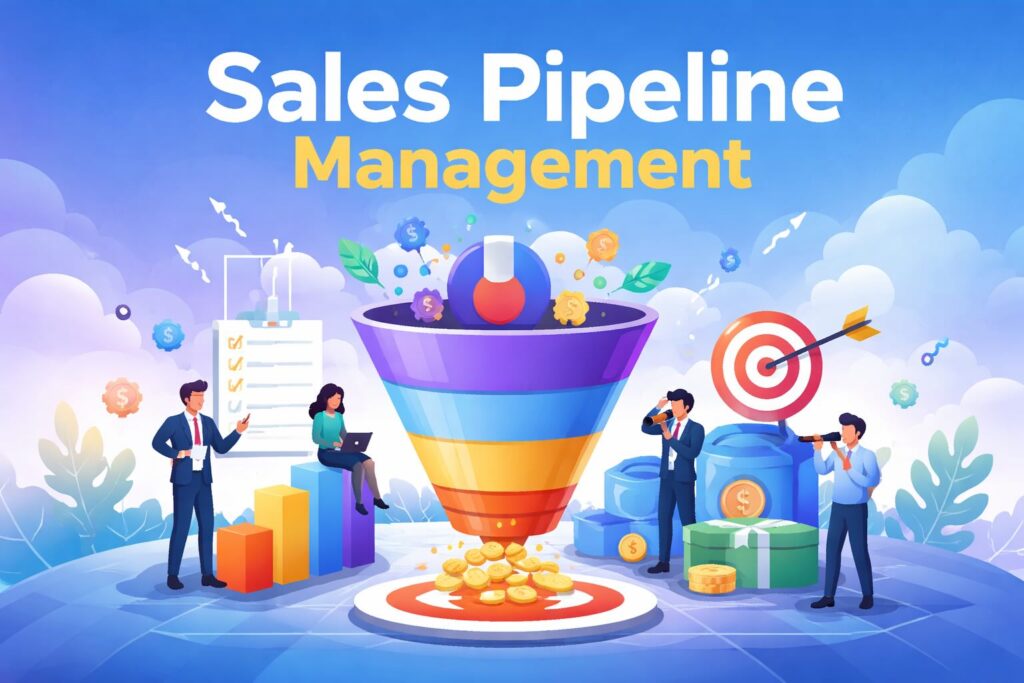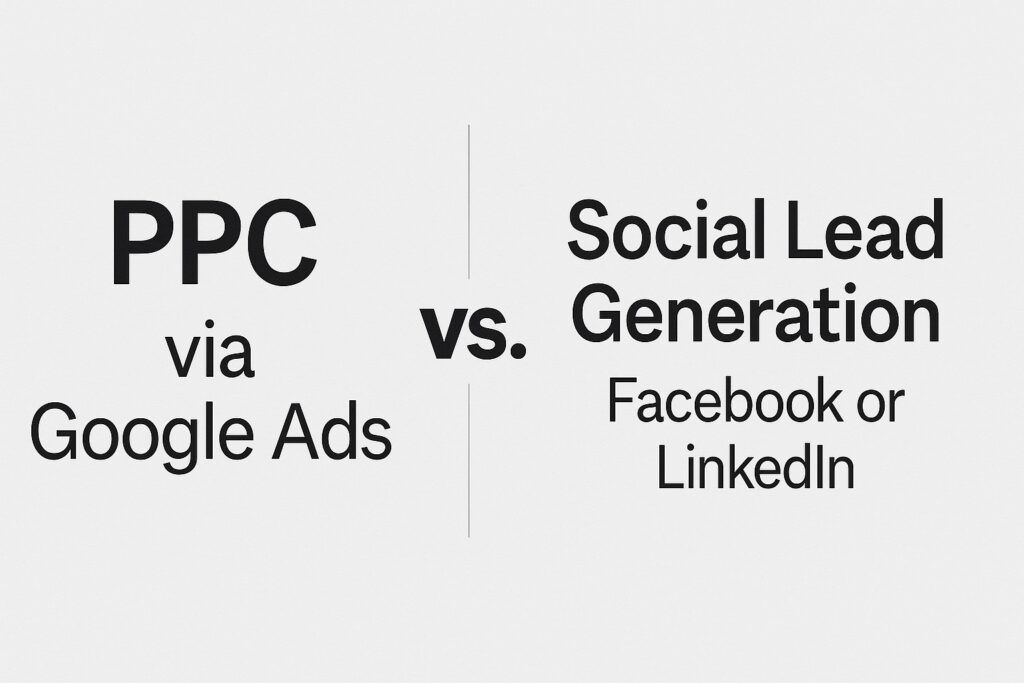
Want to implement a field force management solution in your company but lagging behind due to tons of unresolved questions in your mind?
In this blog post we have tried to answer most of the common questions people have in their mind.
- What is field force management?
- Answer: Field force management is the process of optimizing and controlling a company’s mobile workforce to improve productivity, efficiency, and customer service.
- What is a field service management solution?
- Answer: A field service management solution is software that helps organizations manage their field service operations, including scheduling, dispatching, tracking, and reporting.
- How can field service management benefit my business?
- Answer: Field service management can improve operational efficiency, reduce costs, enhance customer satisfaction, and streamline workforce management.
- What are the key features of a field service management solution?
- Answer: Key features often include scheduling and dispatching, GPS tracking, inventory management, work order management, and reporting.
- What are some popular field service management software options?
- Answer: Popular options include Salesforce Field Service, ServiceMax, FieldAware, and Jobber.
- How does GPS tracking work in field service management?
- Answer: GPS tracking uses satellite technology to pinpoint the location of field service technicians and vehicles in real-time, helping with route optimization and monitoring.
- What is workforce scheduling in field service management?
- Answer: Workforce scheduling involves assigning tasks to field technicians based on their skills, availability, and location to maximize efficiency.
- How can I integrate field service management software with my existing systems?
- Answer: Many field service management solutions offer integration options with CRM, ERP, and other systems through APIs.
- What is predictive maintenance in field service management?
- Answer: Predictive maintenance uses data and analytics to predict when equipment will require maintenance or repair, reducing downtime.
- How can field service management improve customer satisfaction?
- Answer: By optimizing service scheduling, reducing response times, and providing technicians with relevant information, you can enhance customer satisfaction.
- What is the role of mobile apps in field service management?
- Answer: Mobile apps enable field technicians to access work orders, customer information, and other resources while in the field, improving efficiency and communication.
- What is the difference between field service management and workforce management?
- Answer: Field service management focuses on managing technicians and service tasks in the field, while workforce management encompasses a broader range of HR and employee-related activities.
- How can I measure the ROI of a field service management solution?
- Answer: ROI can be measured by evaluating factors like increased productivity, reduced operational costs, and improved customer satisfaction.
- Are there any industry-specific field service management solutions?
- Answer: Yes, many industries, such as healthcare, utilities, and construction, have specialized field service management solutions tailored to their unique needs.
- What are the challenges of implementing field service management software?
- Answer: Challenges can include resistance to change, data integration issues, and ensuring that the software meets specific business requirements.
- How can I ensure data security in field service management?
- Answer: Implement security measures like encryption, access controls, and regular security audits to protect sensitive data.
- What is the role of IoT (Internet of Things) in field service management?
- Answer: IoT can be used to monitor equipment remotely and collect data for predictive maintenance and real-time diagnostics.
- What are the best practices for field service management?
- Answer: Best practices include clear communication, optimized scheduling, ongoing training, and continuous improvement.
- How can I choose the right field service management solution for my business?
- Answer: Consider factors like your industry, company size, budget, and specific needs when evaluating options.
- What is the future of field service management?
- Answer: The future may involve more automation, AI-driven decision-making, and enhanced customer engagement through technology.
- What is dispatch management in field service management?
- Answer: Dispatch management involves assigning service requests to field technicians and optimizing their routes for efficient service delivery.
- How does field service management software handle inventory management?
- Answer: Field service management software can track inventory levels, order parts, and ensure technicians have the necessary materials for their tasks.
- Can field service management software help with compliance and reporting?
- Answer: Yes, it can generate compliance reports and help you meet regulatory requirements, ensuring that your field operations adhere to industry standards.
- What is remote diagnostics in field service management?
- Answer: Remote diagnostics allows technicians to troubleshoot and resolve issues remotely, minimizing the need for physical service visits.
- Are there mobile solutions for field service management available for smartphones and tablets?
- Answer: Yes, most field service management software offers mobile apps that technicians can use on their smartphones and tablets for on-the-go access.
- How does AI play a role in field service management?
- Answer: AI can automate scheduling, predict equipment failures, and analyze data to improve decision-making in field service operations.
- What is dynamic scheduling in field service management?
- Answer: Dynamic scheduling adjusts technician assignments in real-time based on changing priorities and circumstances, ensuring optimal efficiency.
- Can field service management software handle multi-location or global operations?
- Answer: Yes, many solutions are designed to manage field service operations across multiple locations and even internationally.
- What is the role of customer portals in field service management?
- Answer: Customer portals allow customers to request service, track service progress, and access information, enhancing their overall experience.
- How can field service management software help with preventive maintenance?
- Answer: It can schedule and track regular maintenance tasks to prevent equipment breakdowns and extend the lifespan of assets.
- What is the difference between on-premises and cloud-based field service management solutions?
- Answer: On-premises solutions are installed locally on your servers, while cloud-based solutions are hosted in the cloud and offer greater flexibility and accessibility.
- How can I optimize routes for my field service technicians?
- Answer: Field service management software can use GPS data to calculate the most efficient routes for technicians, reducing travel time and costs.
- What are the benefits of real-time communication in field service management?
- Answer: Real-time communication ensures that technicians can update their status, report issues, and receive instructions promptly, improving overall efficiency.
- How do I ensure the privacy of customer data in field service management?
- Answer: Implement strict data access controls and encryption, and comply with data protection regulations like GDPR.
- Can field service management software integrate with customer relationship management (CRM) systems?
- Answer: Yes, many field service management solutions offer CRM integration to provide a comprehensive view of customer interactions.
- How do I train my technicians to use field service management software effectively?
- Answer: Provide comprehensive training and offer ongoing support to ensure that your technicians can make the most of the software.
- What are the cost considerations when implementing a field service management solution?
- Answer: Costs may include software licensing, hardware, training, and ongoing maintenance. Evaluate your budget and the potential return on investment.
- What are some key performance indicators (KPIs) for measuring field service management success?
- Answer: KPIs may include first-time fix rate, mean time to repair, customer satisfaction scores, and technician utilization rates.
- How can I improve the visibility of field operations using technology?
- Answer: Use field service management software to gain real-time visibility into technician locations, job statuses, and customer interactions.
- What is predictive scheduling in field service management?
- Answer: Predictive scheduling uses historical data and AI algorithms to forecast service demands and proactively schedule technicians.
- How does field service management software handle invoicing and billing?
- Answer: It can automate invoicing processes, track billable hours, and generate accurate invoices for customers.
- Can field service management solutions handle asset tracking and maintenance?
- Answer: Yes, they can track assets, record maintenance history, and schedule preventive maintenance for equipment and machinery.
- What is the role of mobile payment integration in field service management?
- Answer: Mobile payment integration allows technicians to accept payments on-site, improving convenience for customers and speeding up cash flow.
- How can I improve communication between the office and field technicians?
- Answer: Field service management software often includes messaging and notification features to facilitate real-time communication.
- Are there field service management solutions tailored to small businesses?
- Answer: Yes, there are field service management solutions designed specifically for small and medium-sized businesses with scaled-down features and pricing.
- How can I handle emergency service requests effectively using field service management software?
- Answer: Field service management software can prioritize and dispatch emergency service calls promptly to minimize downtime.
- What is geofencing in field service management?
- Answer: Geofencing sets virtual boundaries on a map and triggers specific actions when technicians or assets enter or leave those areas.
- Can field service management software help with workforce optimization?
- Answer: Yes, it can optimize workforce scheduling, reduce idle time, and improve resource allocation.
- What are the trends in field service management technology?
- Answer: Trends may include the adoption of IoT, augmented reality (AR) for remote support, and the use of big data analytics for decision-making.
- How can I justify the implementation of a field service management solution to my organization’s decision-makers?
- Answer: Present a business case highlighting the potential cost savings, improved efficiency, and enhanced customer satisfaction that the software can deliver.
Do you still have question regarding field service management solution? Feel free to book a free consultation with our solution experts from https://znicrm.com/c/teamspoor



